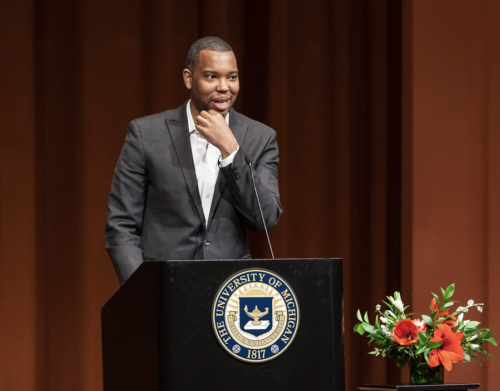Contemporary racial justice movements often focus on white women as both ally and enemy. They’re both lead consciousness-raiser and target of activist opposition.
On the negative side of the ledger, white women have bolstered the Jim Crow system. See, e.g., Elizabeth McRae’s Mothers of Massive Resistance: White Women and the Politics of White Supremacy. They call the police on black people for going about their everyday business. See, e.g., Permit Patty and BBQ Becky. They strategically use emotions for racist impact and sometimes engage directly in violent assault.
These issues, of course, aren’t new. The case of Emmett Till is the usual case study when talking about historical precedents.
On the positive side of the ledger, white women often make up most of the audience at racial justice events. This is especially true at ‘Racial Justice 101’ events. They are also at the front lines on any campaign for racial justice within white-dominated economic or social spaces, such as workplaces or schools.
The reasons for this are complicated. But one common theme is that racial justice organizers, particularly black and other POC organizers, tend to perceive white women as simultaneously a group harmed along one axis of oppression (i.e., gender), which gives them a certain empathy for oppressed non-white Americans, but also advantaged along another (i.e., race), which provides them with incentives to bolster white supremacism. The accuracy of this perception is an issue I’ll set aside, though I think it’s accurate enough to proceed.
This all brings us to Trump. There’s overwhelming inertia, within this broader discussion of race, to place Trump’s win at the feet of white women. Outlets from the New York Times, to the Washington Post, to Emily’s List, to the Huffington Post, and the Huffington Post again, have all pointed to this group as the decisive factor in electing Trump.
How could white women vote for this man who abuses and insults women of all races? How could they vote for a misogynist?
So, why did white women elect Trump?
*Drum Roll*
